What is Seamless Boiler pipe?
Boiler tubes refer to steel products with hollow sections and openings at both ends. They are longer than their circumference. They can be divided into seamless steel pipes and welded steel pipes according to the production method. Seamless boiler tubes are an important type of steel tube used for boilers and pressure vessels. They are widely used in various boiler systems because of their lack of welds, high strength, and resistance to high temperature and high pressure. The manufacturing method of seamless boiler tubes is similar to that of ordinary seamless tubes, but they have stricter requirements in terms of steel selection and production process. The quality of boiler tubes directly affects the safety and efficiency of the boiler system, so strict quality control and testing are required during the manufacturing process.
How are seamless boiler tubes manufactured?
The manufacturing process of seamless boiler tubes includes multiple links such as steelmaking, forming, welding, heat treatment and subsequent processing. First of all, in the steelmaking stage, it is necessary to select appropriate steel grades according to the use environment of the boiler tube, such as carbon structural steels such as No. 10 steel and No. 20 steel, as well as some low-alloy steels and stainless steels. During the steelmaking process, the chemical composition is adjusted and the impurity content is controlled to ensure that the steel has excellent mechanical properties and corrosion resistance.
The forming process is one of the key links in the manufacture of boiler tubes, mainly using mandrel rolling, extrusion and pusher technologies. The mandrel rolling process is suitable for the production of small-diameter carbon steel pipes and low-alloy steel pipes. Through continuous rolling, pipes with precise dimensions and uniform wall thickness can be obtained. The extrusion process is used to manufacture high-alloy steel pipes and special steel pipes, such as stainless steel and finned pipes, which are suitable for the production of high-precision and high-performance pipes. The pusher process is mainly used to manufacture large-diameter thick-walled pipes, which can realize the production of carbon steel, alloy steel and stainless steel pipes.
Heat treatment is an important part of ensuring the performance of boiler tubes. Through annealing, tempering and other processes, welding stress can be eliminated, metallographic structure can be optimized, and mechanical properties and corrosion resistance of the tube can be improved. Especially in the manufacture of high-pressure boiler tubes, heat treatment process is particularly important, which can significantly improve the high temperature resistance and lasting strength of the tube.
The production of seamless boiler tubes involves multiple links from steelmaking to final forming, and each link requires strict quality control. In particular, the steelmaking process, from component mixing to final heat treatment, ensures that the quality design of boiler steel tubes reaches the best level by making full use of years of experience and high engineering technology. The mandrel rolling process is used to produce small-diameter carbon steel tubes and low-alloy steel tubes, the extrusion process is used to manufacture high-alloy steel tubes and special steel tubes, and the push-bed process is suitable for the manufacture of large-diameter thick-walled tubes. These manufacturing processes ensure the high quality and consistency of boiler tubes.
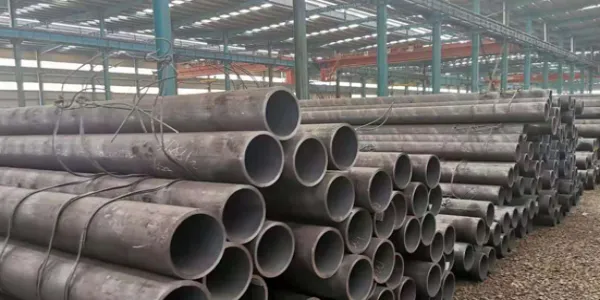
Classification and Application of seamless boiler pipes
According to the working pressure and use environment of the boiler, seamless boiler tubes can be divided into low- and medium-pressure boiler tubes and high-pressure boiler tubes. Low- and medium-pressure boiler tubes are mainly used to make superheated steam pipes, boiling water pipes, large smoke pipes, small smoke pipes and arch brick pipes in low-pressure and medium-pressure boilers, locomotive boilers, general industrial boilers and domestic boilers with low steam pressure. These pipes work at lower temperatures and pressures and require good corrosion resistance and mechanical strength.
High-pressure boiler tubes are used for superheater tubes, reheater tubes, gas guide tubes and main steam pipes of high-pressure and ultra-high-pressure boilers. This type of boiler tube needs to work under high temperature and high pressure conditions, requiring the tube to have high lasting strength, oxidation resistance and good organizational stability. Under the action of high-temperature flue gas and water vapor, high-pressure boiler tubes are prone to oxidation and corrosion, so high-alloy steel or stainless steel materials need to be selected, and strict heat treatment and surface treatment are required to ensure its long-term stable operation.
Mechanical properties and quality control of seamless boiler pipes
The mechanical properties of boiler tubes are important indicators to ensure their safety in use, mainly including tensile strength, yield strength, elongation, hardness and toughness. These properties depend on the chemical composition of steel and heat treatment process. In the production process, the mechanical properties of boiler tubes can be significantly improved by optimizing the chemical composition and heat treatment parameters of steel. For example, the appropriate increase in the content of elements such as carbon, manganese, and silicon can improve the strength and hardness of steel, while the addition of alloying elements such as chromium and molybdenum can enhance the corrosion resistance of steel.
Quality control is the top priority in the manufacturing process of boiler tubes. From raw material selection to final product inspection, every link needs to be strictly controlled. At the raw material stage, chemical composition analysis and metallographic structure inspection are used to ensure that the steel used meets the requirements. In the production process, the quality of the pipe is monitored in real time by means of dimensional measurement, non-destructive testing, etc. The final product is subject to strict mechanical property tests and corrosion tests to ensure that it meets national standards and user requirements.
Surface treatment and anti-corrosion measures of seamless boiler pipes
Boiler tubes are exposed to high temperature and high pressure environments during use and are often in contact with corrosive media, so surface treatment and anti-corrosion measures are essential. Common surface treatment methods include hot-dip galvanizing, epoxy resin spraying, oxide film treatment, etc. These methods can form a protective layer on the surface of the steel pipe, effectively prevent the erosion of corrosive media, and extend the service life of the boiler tube.
In addition, the lining coating technology can also be used to further enhance the anti-corrosion performance of the pipe by coating a layer of high-temperature resistant and corrosion-resistant coating inside the boiler tube. Regular inspection and maintenance are also essential. By timely discovering and dealing with corrosion problems, safety accidents caused by pipe failure can be avoided.
Special requirements for high-pressure boiler tubes
High-pressure boiler tubes need to work under extreme high temperature and high pressure conditions, which puts higher requirements on the mechanical properties of the material. These pipes must have high lasting strength and anti-oxidation and corrosion performance, and also need to have good organizational stability. Under such working conditions, the pipes must not only withstand the impact of high-temperature flue gas and water vapor, but also resist oxidation and corrosion. Therefore, high-pressure boiler tubes are usually made of high-alloy steel and undergo strict heat treatment and surface treatment to ensure their long-term reliable operation.
Market demand and development trend
With the continuous growth of energy demand and the advancement of industrial technology, the market demand for high-performance boiler tubes is also increasing. Especially in the fields of thermal power generation, petrochemicals and heavy industry, the application of high-pressure and ultra-high-pressure boilers is becoming more and more extensive, which puts higher requirements on the performance of boiler tubes. In the future, with the continuous research and development of new materials and new processes, the performance and quality of boiler tubes will be further improved to meet the increasingly stringent needs of industrial applications.
In recent years, environmental protection and energy-saving requirements have also posed new challenges and opportunities for boiler tubes. With the continuous tightening of environmental protection regulations, boiler systems require more efficient and low-emission solutions. This has prompted boiler tube manufacturers to increase R&D investment and develop new energy-saving and thermal insulation materials and processes. For example, energy-saving and environmentally friendly products such as green environmentally friendly coatings, energy-saving and water-saving sanitary ware products, environmentally friendly stones and exterior wall insulation boards have gradually increased in the market and have been widely used in the boiler tube industry. The use and promotion of new energy-saving 20G high-pressure boiler tube products provide an effective way to save energy and reduce emissions in boiler systems.
Conclusion
As a key component of boilers and pressure vessels, seamless boiler tubes play an irreplaceable role in modern industry. By continuously optimizing material composition, improving manufacturing processes and implementing strict quality control, high-performance boiler tubes can be produced to meet the needs of different application scenarios. In the future, with the advancement of science and technology and changes in industrial needs, seamless boiler tubes will continue to develop in the direction of higher strength, higher corrosion resistance and longer service life, providing solid guarantees for the safe and efficient operation of various industries.








 English
English Español
Español بالعربية
بالعربية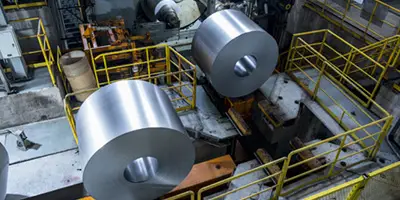

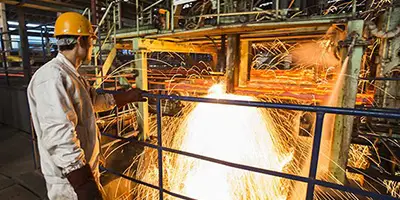
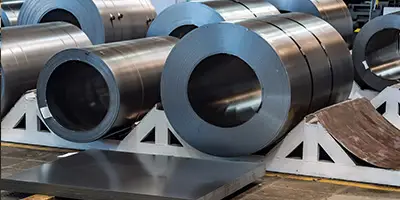

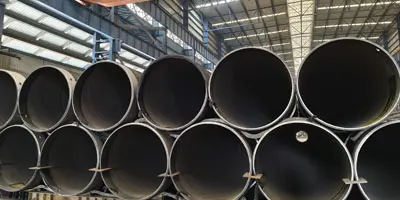
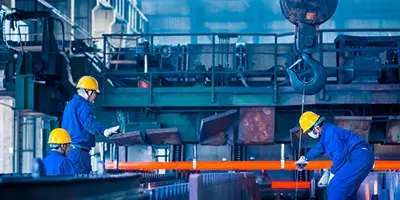
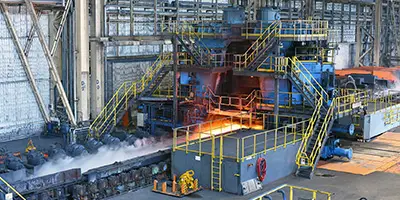
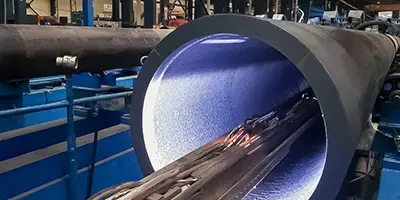
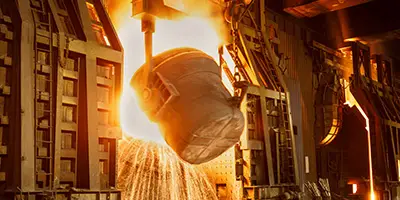
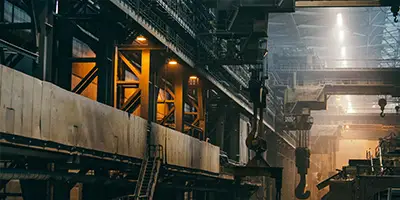

 Phone :
Phone :  Whatsapp :
Whatsapp :  Email :
Email : 


